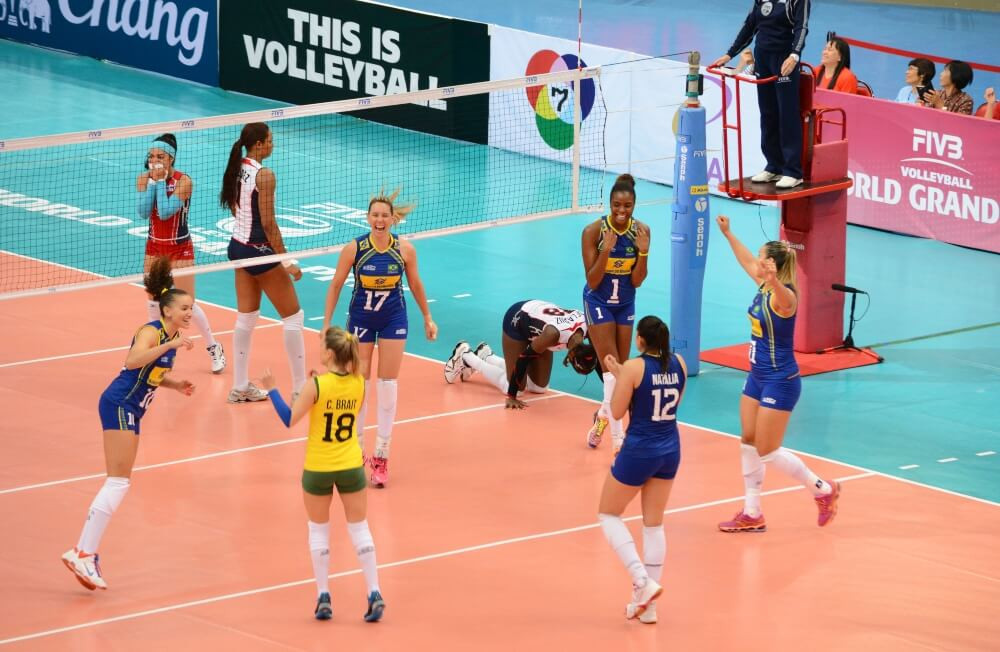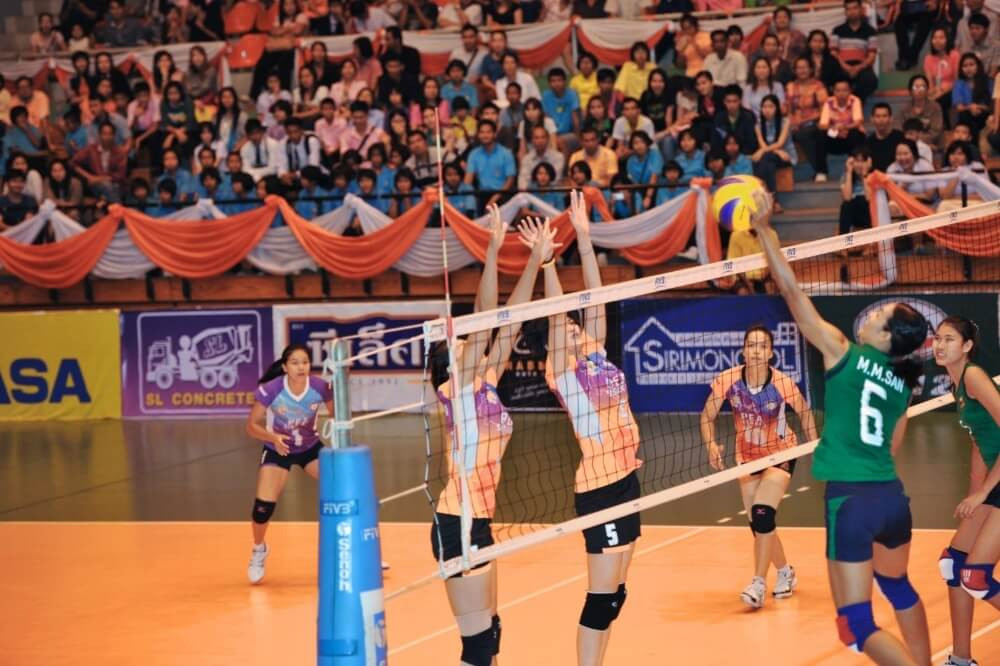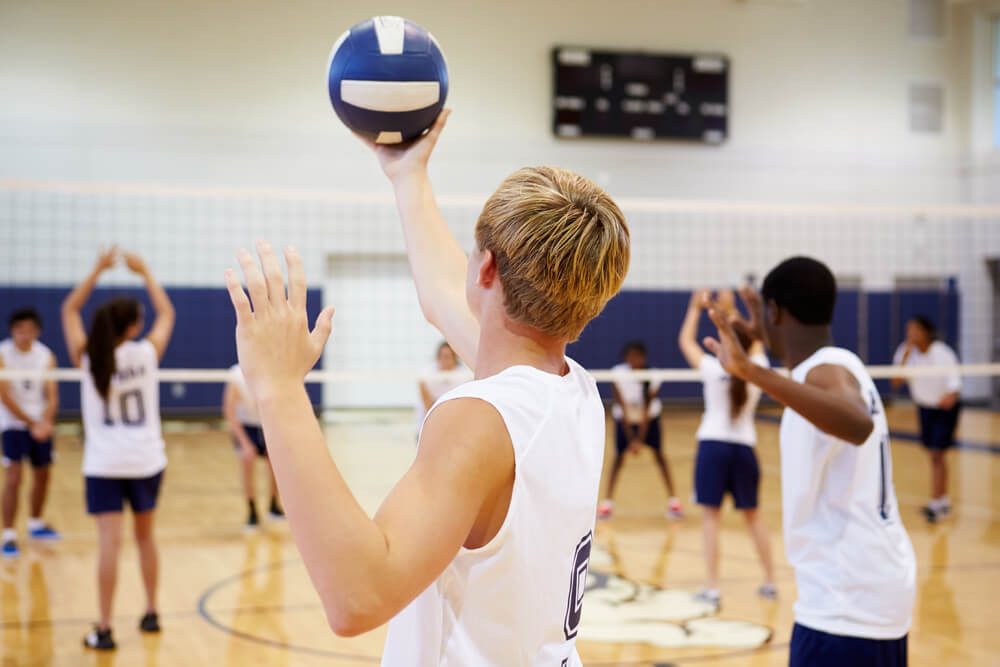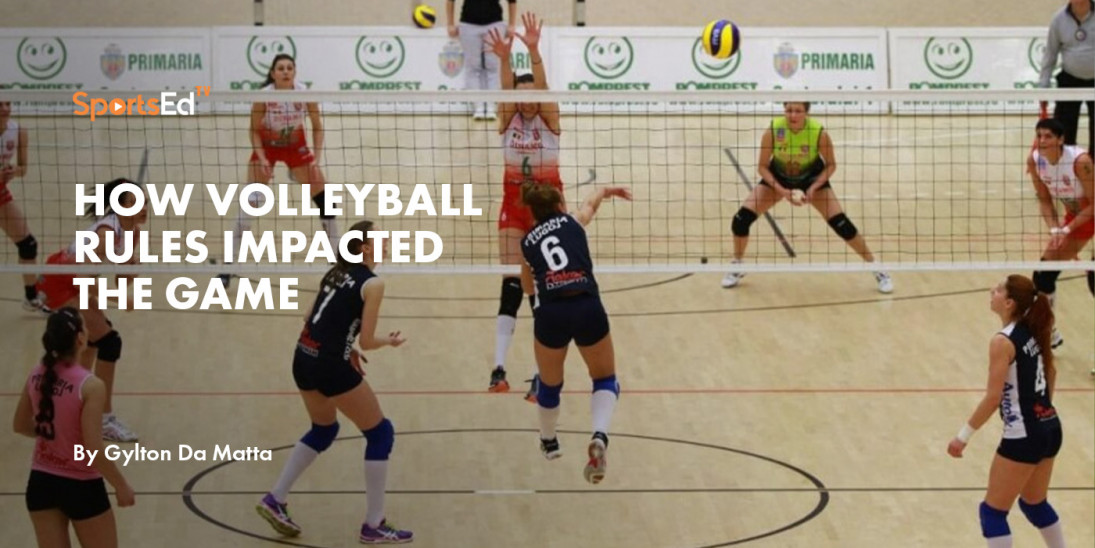Volleyball
Welcome and thanks for visiting...

Deliberate Practice Is Volleyball’s Path to Success
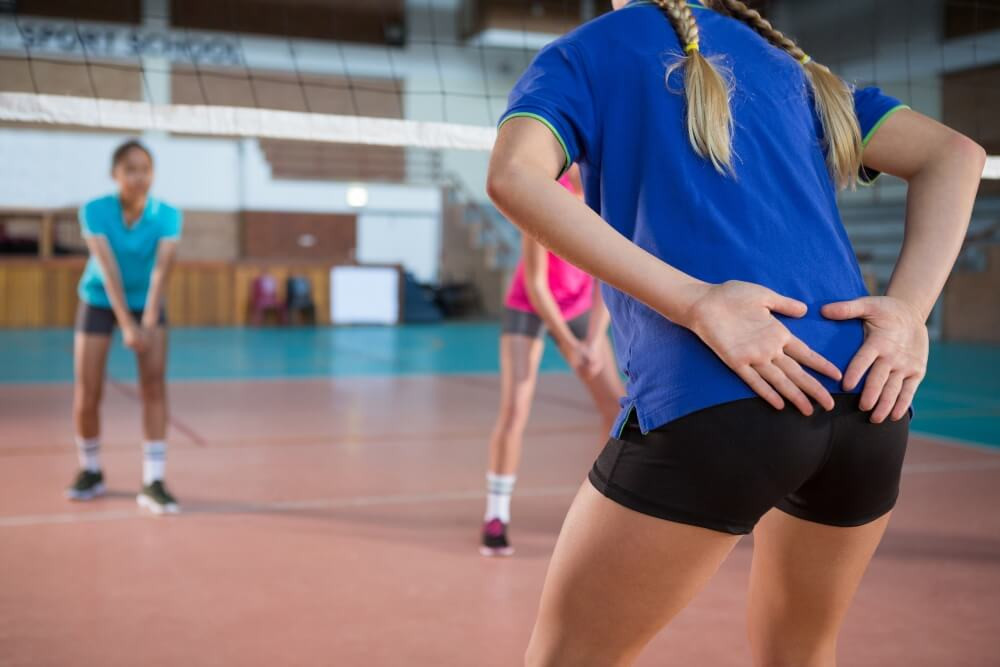
We need to learn more about practice so we can better understand what players do during games!
We need to become better students of the game and be lifelong volleyball learners!
Volleyball coaches need to interconnect and create bridges of knowledge. Volleyball programs also need to be linked through curricular principles - sequence, scope, alignment - so players can learn similar technical concepts that are developmentally appropriate across gender, skill levels and contexts.
Allow Dr. Gylton Da Matta to introduce his Theory of Deliberate Practice and Volleyball Expertise here:
The ingenuity of Brazilian volleyball reflects that coaching experts does not need to reflect the same order of the game, instead, the variability of practice and the change of the normal sequence of skills have positive effects in the overall motor skills acquisition for elite players.
Volleyball is a very complex sport. Even more complex is the process of teaching, coaching and training volleyball players. Based on the tenets of the Deliberate Practice Theory in volleyball, I would like to describe this practice-oriented scientific approach that has been the basis of the expertise development of the national teams of Brazil.
Volleyball is a strike and rebound game. The level of difficulty to perform fine motor skills increases because the game is played against the speed of gravity. The ultimate team sport has also the highest demographic density and an interesting dynamic to go from defense, an organizing action and finally a reposition play towards the opposing team.
Understanding the nature of the game facilitates the design of practice purposefully designed to improve game performance. This is the very definition of “Deliberate Practice”.
The Deliberate Practice in volleyball consists of the application of tenets, concepts and assumptions of the Deliberate Practice Theory (Ericsson, et. al.1993) into the long-term preparation and development of elite athletes.
The deliberate practice theory of volleyball is a practice application of the sports science’s foundations motor learning, motor development, sports psychology and sports physiology, but eminently focused on the principles of Sports Pedagogy as depicted by Judy Rink, Newel, McGill and Da Matta.
When I first interviewed the Brazilian coaches, all of them brought up critical questions such as:
What is volleyball?
Why do we play it?
And How do we play it?
Do we believe in periodization or in a realistic planning?
How can we play it better and consistently over a long period of time?
How can one achieve expertise and/or excellence in volleyball?
Is there a consistent way to prepare specialists for each critical position of a team?
Who gets hurt more often players who practice more or players who practice less?
Is it possible to prevent injuries in volleyball?
And, how long does it take for us to develop our experts?
Does expertise happen through genetics or through practice? Or Both?
Certainly, these are critical questions for the whole volleyball community but observing the scientific evidence we have found counter-intuitive breakthroughs and we have also learned about how much we still don’t know.
For instance, the most successful programs in the world have a successful use of pedagogical practices utilizing elastics, targets, mats, safety nets and boxes - lots of golden boxes. So, why there are so many critics of the use of boxes in practice?
It is fact not fiction, science not bias, that volleyball players need to understand the process of training as a problem-solving approach towards how volleyball players acquire complex motor skills.
There have been hundreds of live conferences across the world. In most of them, coaches describe that they have been teaching volleyball from the knowledge they have acquired in baseball. That is fascinating, considering that those same people state that there is no transfer!
While volleyball coaches can design great practices without the use of pedagogical devices, expert coaches know, what, when, why and how to use pedagogical devices such as boxes, in order to create contextual simulations of the game and also to enhance the technical agility of their players.
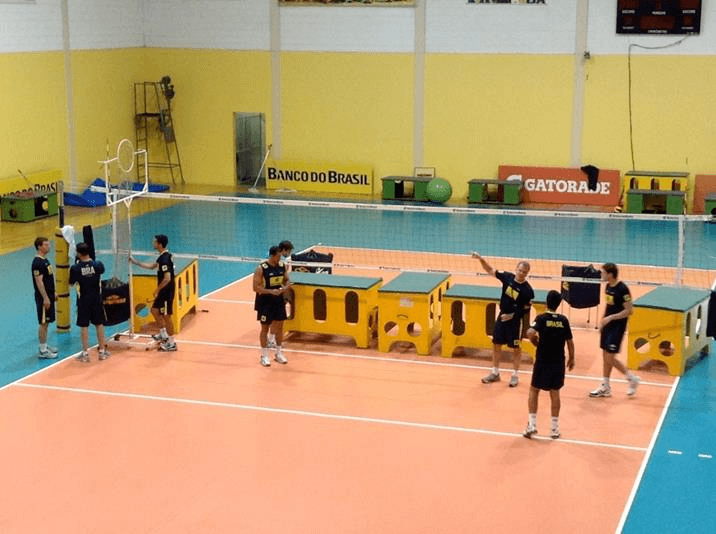
In this picture, Bernardo Rezende shows the most relevant equipment used by the Brazilian national teams. Boxes, gym balls, target, ball machine, video cameras, elastics across the net and screens were some of them.
The planning of practices is often divided in morning and evening sessions. Morning sessions focus in the skill acquisition process and the evening sessions focus on team play, tactical knowledge and team concepts applications.
And yet, all over the world, including in the United States coaches inquire about how to improve passing skills, how to increase the speed and control of an arm swing…
In the quest for excellence in volleyball, those became the fundamental questions that I have asked myself every day, throughout my dissertation on this topic!
So, what is deliberate practice in volleyball?
Overall, it is a scientific approach based on a rigorous assessment that focus on teaching volleyball skills for learning. Teaching volleyball for learning require a special planning and a deliberate effort to design tasks that will improve the performance of volleyball players at any level.
Deliberate practice is a highly structured activity, the explicit goal of which is to improve performance. Specific tasks are designed to increase performance.
It requires effort and is not inherently enjoyable.
Individuals engaged in deliberate practice are highly motivated to practice because practice improves performance in the long-term.
Ericsson et al, 1993, p. 368.
Deliberate practice implies in the smart use of equipment, people, time, space having a good understanding of the content, context and expert skills needed to improve performance.

